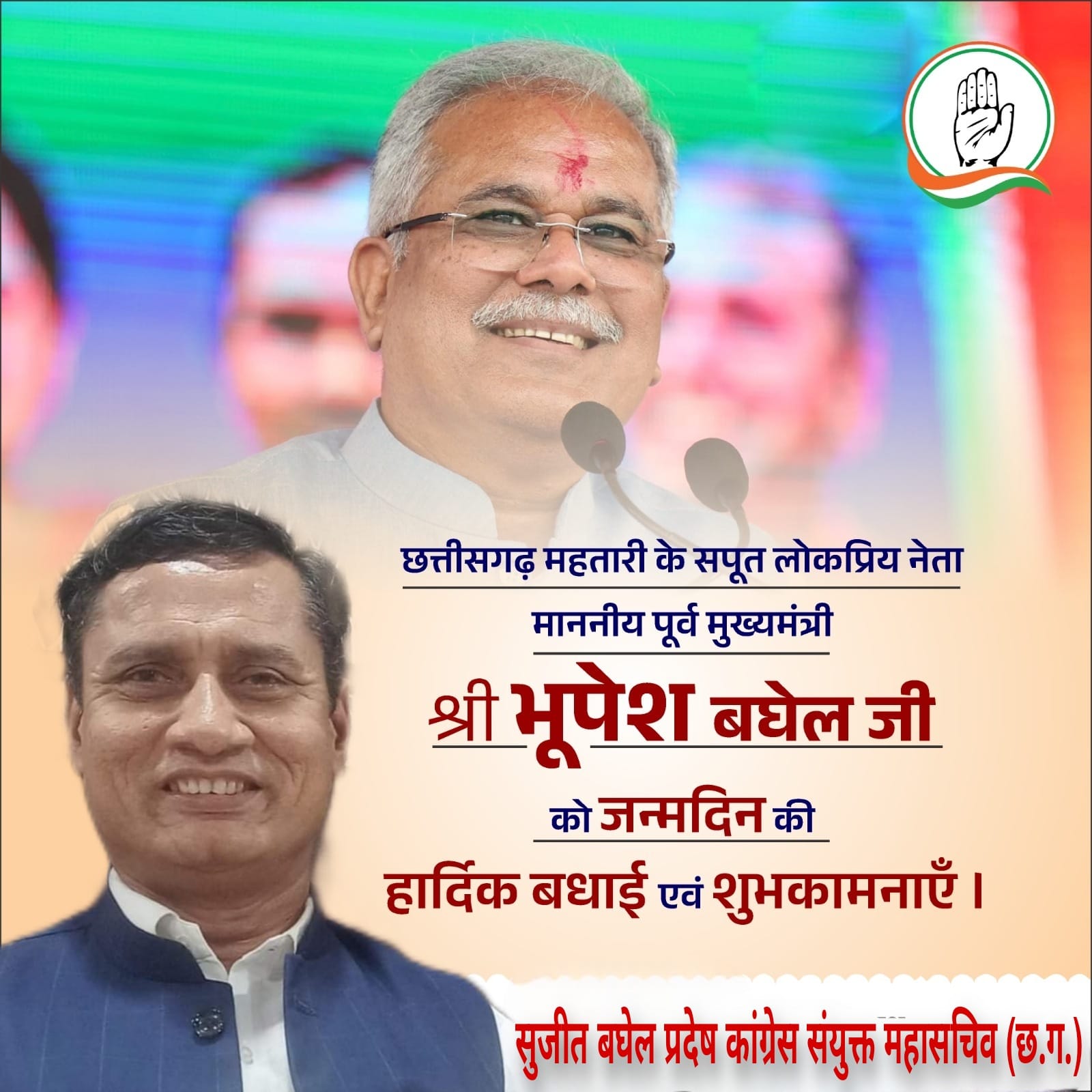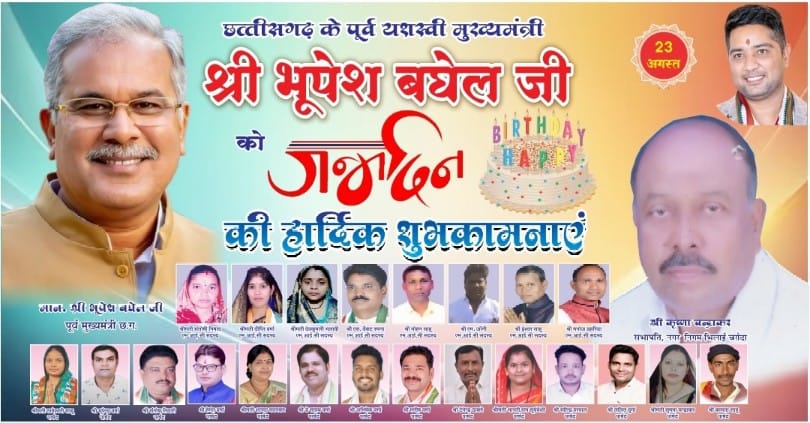Uniform Civil Code: The answer to gender disparity “Insha Warsi, Francophone and journalism studies, Jamia Millia Islamia”

The debate around Uniform Civil Code (UCC) has suddenly gained momentum after the 22nd Law Commission of India recently sought the views of religious organizations and the public on the issue of a Uniform Civil Code( UCC). The UCC proposes a common governing law for every citizen, irrespective of their religious beliefs, to carry out their personal affairs Including marriage, divorce, inheritance, adoption, etc. For the novices, in article 44 of the Indian Constitution, there is a provision for Uniform Civil Code under Directive Principle of State Policy which states that “The State shall endeavor to secure for the citizens a uniform civil code throughout the territory of India.”
The founding fathers believed that accepting UCC as governing law should be a personal choice of individuals, guided by group values dictated by religion, customs, social practices and economic conditions. However, even after seven decades of independence, Hindus, Muslims and Christians of the country are not governed by one law. Some parts of the country even follow some aspects of Portuguese and the French laws. UCC has the potential to do away with this weakness which is rotting the society from within. While the Hindus of India are governed by the Hindu Code Bill, Indian Muslims consult the Shariat Application Act of 1937(an act to make provision for the application of the Muslim personal law (Shariat) to Muslim) in matters related to succession, special property of females marriage, dissolution of marriage, including talaq, guardianship, and waqfs etc. Similarly, many Christians are governed by tribal laws not conforming to the provisions of either the Hindu code bill or the Muslim Personal Laws. In comparison to Hindus and Christians, Muslims continue to manifest personal laws as an indispensable part of their socio-religious identity and as a part of their right to live as a religious minority. However, this exclusivity is often used by persons/parties with political interests to stoke tension.
Morocco, Tunisia, Indonesia and some other Muslim countries have gender-just laws. Constitution of India has ample provisions for providing equality (one of the shining examples being universal adult franchise) for all, irrespective of gender, caste, creed and religion. Personal laws often promote patriarchy and are influenced by misogynistic practices. This often gives credence to political beliefs about conservatism and backwardness being practiced by the followers of those personal laws. With UCC, the onus to provide equality will lie on the framers of the laws (read Indian government) which must be welcomed with open hands by every sensible Indian, especially women, irrespective of their religious affiliation.







